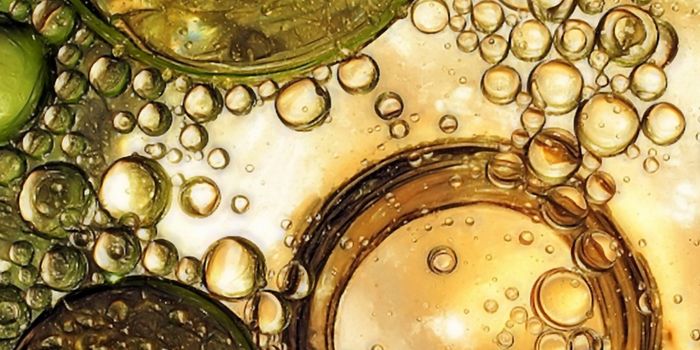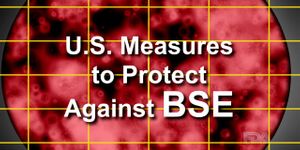Personalized medicine could get a big boost from a new technique that is said to reduce the number of cells needed for epigenomic analysis from millions to just 100, according to an article written by Bevin Fletcher, associate editor, in Bioscience Technology. Fletcher explains that epigenome investigation requires DNA interaction mapping with a certain protein in the whole genome, enabling physicians to obtain a fuller picture of the state of the patient and develop a personalized treatment strategy. Because the procedure used to take about 10 million cells for a single test to study in vivo genome-wide protein-DNA interactions and chromatin modifications, this kind of analysis was impractical (http://www.biosciencetechnology.com/articles/2015/07/new-technique-allows-epigenomic-analysis-just-100-cells?et_cid=4699918&et_rid=45505806&type=cta).

Now a new technology that improves the efficiency of epigenomic studies is described in a Nature Methods journal article by Chang Lu and Zhenning Cao of Virginia Tech and Kai Tan, Changya Chen and Bing He of the University of Iowa. The National Institutes of Health funded the research, after a seed grant from Virginia Tech's Institute for Critical Technology and Applied Science (http://scifeeds.com/news/technology-helps-personalized-medicine-enabling-epigenomic-analysis-with-a-mere-100-cells/).
In the laboratory Chang Lu, professor of chemical engineering at Virginia Tech, and his students designed a small microfluidic device with micrometer features to examine cells at a molecular level. Microfluidic oscillatory washing based chromatin immunoprecipitation (MOWChIP-Seq) was the result of a collaboration between Profs. Lu and Tan. Prof. Tan is a systems biologist and associate professor of internal medicine at the University of Iowa. The new technology assesses epigenome interactions in 90 minutes as compared to the conventional ChIP assays that had required several hours and much larger samples.
According to Prof. Lu's comments in a press release from Virginia Tech, which filed a U.S. utility patent on the technology on behalf of Prof. Lu, "The use of a packed bed of beads for ChIP allowed us to collect the chromatin fragments with a very high efficiency. At the same time, effective washing for removing undesired molecules and debris guarantees the purity of the collected molecules. These two factors constitute a successful strategy for epigenomic analysis with extremely high sensitivity."
Prof. Lu adds that the research team's next planned project is to use the new technology to study changes in the epigenome associated with cancer and inflammation. He concludes, Our technology paves the way for studies of epigenomes with extremely low number of cells from animals and from patients."









